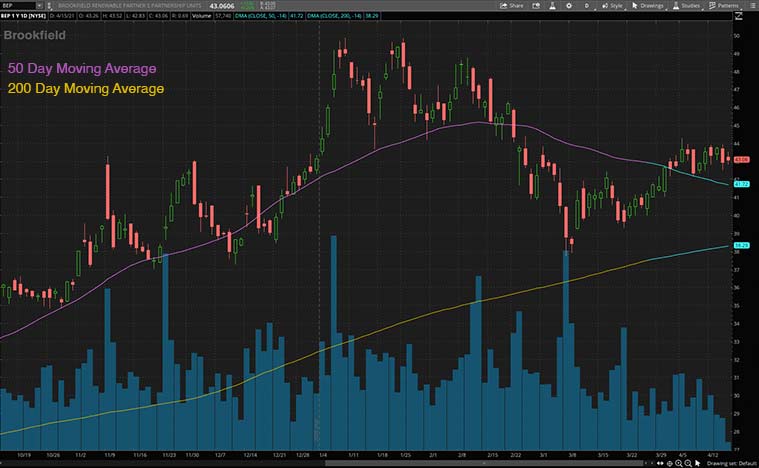

Best dividend stocks to buy now free#
Best Buy's investments in e-commerce infrastructure and management's ability to adapt has helped it weather the pandemic, adds Graja.īest Buy also is moving into the "Smart Home" space, offering monitoring systems for seniors (GreatCall) and babies, fitness equipment connectivity and more.īest Buy's "best-in-class fulfillment capabilities, high mix of essential items, and well positioned peer services/Great Call initiatives should propel it to gain further market share over both the near-term and long-term," says Raymond James analyst Bobby Griffin.Īnd DIVCON rates Best Buy among the Street's safest dividend stocks thanks to free cash flow that's more than 700% of what's necessary to keep its payout bankrolled, as well as a solid Bloomberg Dividend Health reading of 31.3. "Best Buy has done an excellent job bolstering its finances both before and during the pandemic," says Argus Research analyst Chris Graja.Ĭertainly, the work-from-home trend has raised demand for electronic products and services. Over the last five years, it has raised its dividend at a compound annual growth rate (CAGR) of 19%, says Argus. It is also good to shareholders: In its latest fiscal quarter, Best Buy raised its quarterly dividend by 27%. The company has survived online and big box competition over the years by reducing costs, divesting unproductive businesses, matching 's ( AMZN) prices, setting up store-within-a-store areas for Apple and other key vendors and adopting more effective marketing and operating practices, say analysts at Argus Research. 5-year average total yield (dividend and buybacks): 8.8%īest Buy ( BBY, $117.19) is the only pure-play, nationwide consumer electronics retailer left in the U.S.Altman Z uses five factors to measure a company’s credit strength, and any score above 3 indicates a low likelihood of bankruptcy. The system also rates DGX among the market's safest dividend stocks based on strong earnings growth and a high Altman-Z score of 6.4. Meanwhile, DIVCON notes that Quest has 265% of the free cash flow it needs to cover the payout, signaling high dividend safety. Quest's focus on "esoteric" tests will pay off with drug and biotech companies aiming to provide personalized and targeted therapies. Moreover, insurers and other payers usually would rather negotiate with a national testing lab like Quest instead of dealing separately with many smaller, regional labs, the analyst says.

Most recently, Quest also began managing hospital labs or acting as a consultant for them. For example, hospital lab tests typically cost triple on average than the same test at Quest. With their vast national networks, the two have erected "barriers to entry and generated substantial cost advantages" over regional and hospital labs, Wang says. Quest and LabCorp ( LH) are the two heavyweights among independent diagnostic testing providers. Also, lower reimbursement rates will make hospital labs and independents outsource more work to the largest, lowest-cost firms such as Quest, she adds. These include proliferation of diagnostic tests and greater clinical reliance on personalized therapies. While the pandemic boost will eventually fade, Quest remains in good market position due to its size and cost advantage that lets the company "benefit from several secular trends," Wang says. The second quarter looks to be robust as well, according to Morningstar analyst Debbie Wang. Revenue rose by 49% from a year ago, operating profit climbed 277% and adjusted earnings per share jumped 300%. As the largest independent diagnostic testing provider globally, Quest reported stellar first-quarter results due to COVID-19 testing demand. The pandemic has been good to both the top- and bottom-line for Quest Diagnostics ( DGX, $131.68).

5-year average total yield (dividend and buybacks): 4.7%.


 0 kommentar(er)
0 kommentar(er)
